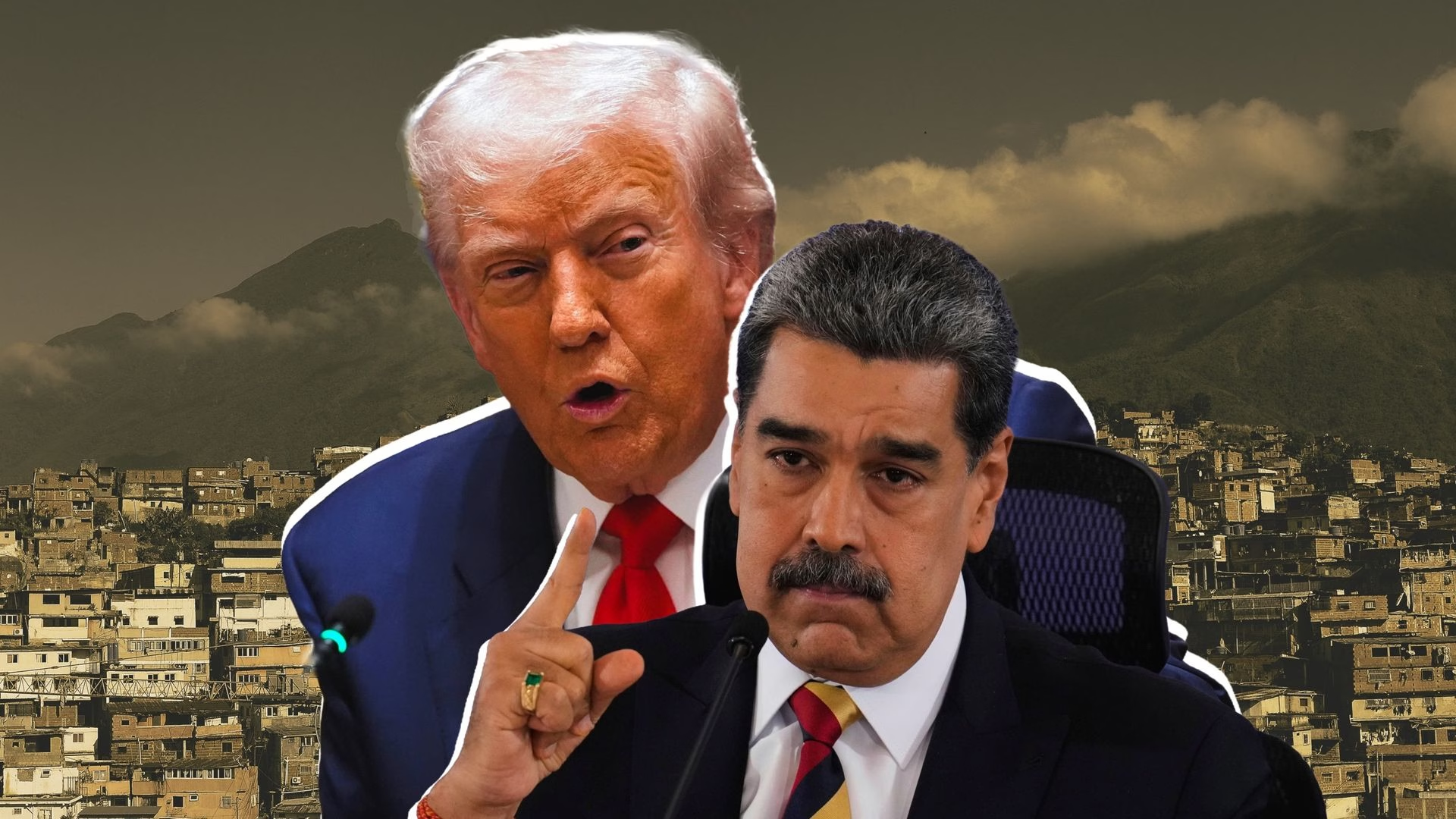
If Cardi B is there, expect a spectacle. And court is no exception.
The Am I the Drama? artist took the stand in a Los Angeles-area courtroom Aug. 27 to testify in a lawsuit brought by a former…
E! Online (US) – Top Stories


If Cardi B is there, expect a spectacle. And court is no exception.
The Am I the Drama? artist took the stand in a Los Angeles-area courtroom Aug. 27 to testify in a lawsuit brought by a former…
E! Online (US) – Top Stories

We all have to eat, and like it or not, 97% of the food we now eat in the Virgin Islands is imported, according to the Virgin Islands Agricultural Plan.
But what happens when ports are shut down because of a hurricane or a political crisis, such as 9/11? Residents who have been through these emergencies know all too well how bare grocery store shelves can be.
To reduce our islands’ dependence on imported food, a group of community leaders has teamed up with local farmers and fishers to establish the Local Food and Farm Council of the Virgin Islands.
At a town-hall meeting held Tuesday night at the St. John Legislative Annex, members of this growing organization presented their vision for promoting sustainable agricultural practices, involving residents in growing their own food, and making food production a part of the curriculum for all students in the territory.
Safiya George, president of the University of the Virgin Islands, said, “We’re here to showcase progress, strengthen community engagement and transparency, and deliver impact.”
Although the Local Food and Farm Council is still developing its structure as a nonprofit organization, the time has come to move from planning to action, according to Harith Wickrema, a council member and the president of Island Green Living.
One way this can happen immediately on St. John is for volunteers to clear four acres of land in Coral Bay managed by the V.I. Agriculture Department and turn it into a community garden. “If we can get people together to prepare the land, in 120 days we can be eating delicious, fresh produce,” he said.
“We will be happy to take the lead,” added Louis E. Petersen Jr., commissioner of the Agriculture Department.
Petersen outlined how more than one hundred applicants competed for Food and Farm Council’s grants in 2024 under a public-private partnership program. After a process that included redacting names of applicants to keep the process fair, 12 diverse farmers and fishers were awarded a total of more than $500,000 to purchase equipment, develop technology, and implement infrastructure.
Projects ranged from buying machinery that will be used by a farming collective, developing the technology to process fish waste into fertilizer, and enhancing the production of exotic fruits and spices.
The Local Food and Farm Council has asked the V.I. government for $1 million in funding for grants in 2025, but so far, no money has been allocated. Members of the audience were urged to contact senators to vote in favor of the funding when the Legislature meets to discuss the issue on Nov. 10.
Cydney Meadows, territorial director of Sustainability & Agricultural Education, outlined the council’s plans to implement a Seeds of Security Program to teach students to grow food, compost waste, and engage their families in home gardening.
Wickrema, who was born in Sri Lanka, spoke of a successful program in his native country to teach thousands of students in the country’s largest public school to grow nutritious crops, like chaya (similar to spinach), in bags or containers. “It doesn’t have to be complicated,” he said.
Sommer Sibilly-Brown, the Food and Farm Council’s consultant and moderator for the evening, spoke about the importance of establishing benchmarks and accountability under the guidance of UVI’s Eastern Caribbean Center. “This may be the least sexy but probably the most important of the council’s eight mandates,” she said.
“We’re taking a data-driven approach which involves annual surveys for home growers and farmers,” Sibilly-Brown continued. “Our work includes a hazard mitigation plan, collecting data on rain and soil, and (taking into account) forage culture which is still alive and well here.”
The council also works with UVI’s Agriculture and Business Center. Director Shanta Roberts noted that the center now has 23 active clients, has included 85 participants in workshops and training programs, and is partnering with the University of Puerto Rico to offer bilingual programs.
UVI has received all funds allocated under Bill No. 35-0378, including the $250,000 designated for the Office of Sponsored Programs to support grant writing and capacity-building for local farmers and fishers.
Nate Olive of St. Croix’s Ridge to Reef Farm is offering his expertise to encourage organic farming methods. He said 70% of farmers in the territory would like to become trained and certified as organic growers, but the cost of certification is nearly $1,500. Federal and territorial rebates are now being offered to offset this cost.
Olive also said his Ridge to Reef Farm is once again offering shares in its Community Supported Agriculture Program to buyers on all three islands. Each week from Nov. 1 through Dec. 20, CSA members will receive a box of organic produce assembled on St. Croix and delivered to a central location on each island. This year, members will have the option of customizing the items in their boxes. For further information, visit their website.
A total of 60 people attended the meeting in person and online. Those who got to the meeting early were treated to delicious vegan food prepared by Lanz T. Brathwaite (Chief Jakuwa) and his family of the Amore Arowako Vegan Club.

The world’s largest aircraft carrier is steaming towards the Caribbean supported by the rest of its “carrier group” to add